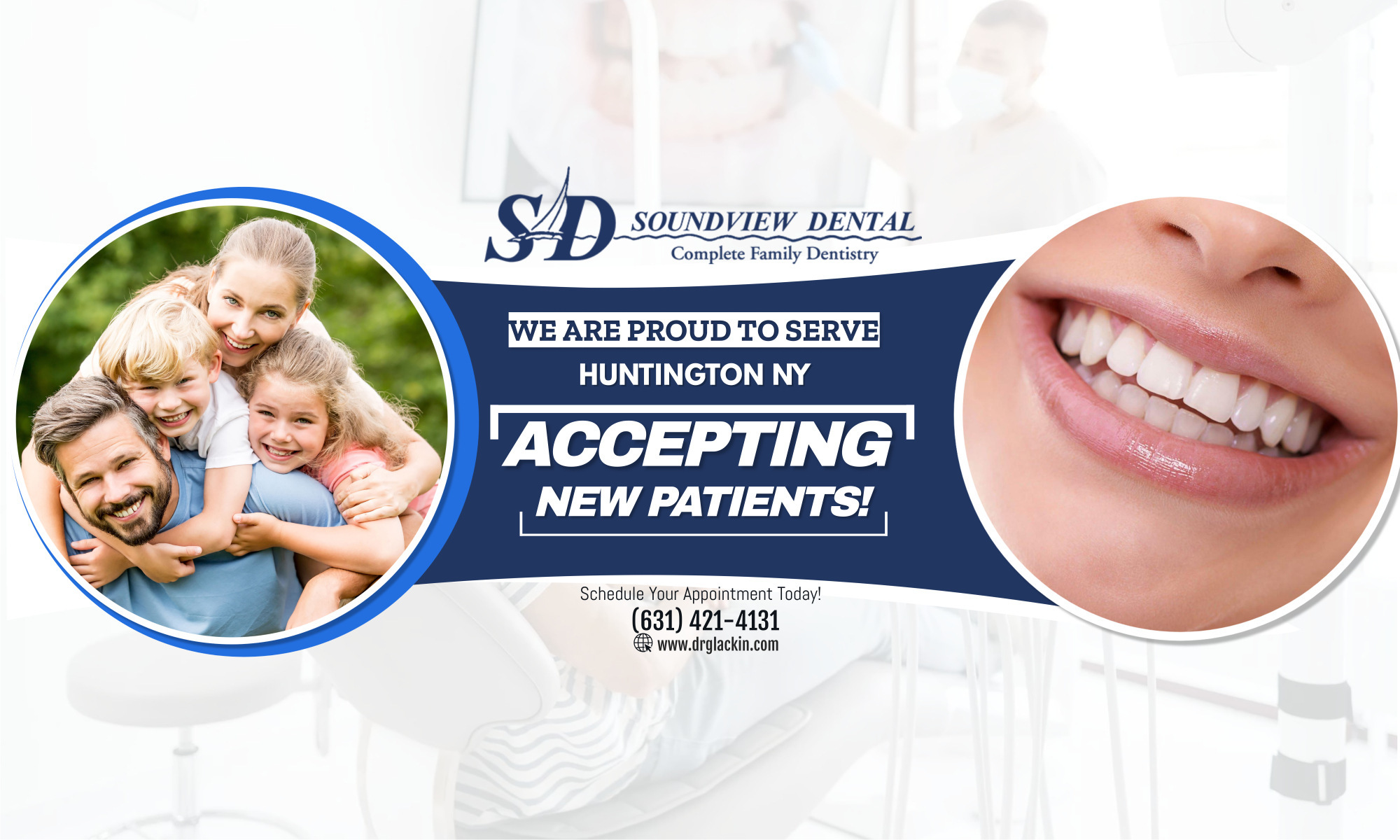While our teeth are normally very strong, they can crack for a number of reasons.
Reasons could include tooth decay, trauma/injury, grinding of the teeth or a stress fracture.
Sometimes, our jaw may be stronger than our teeth and the teeth can fracture when we bite heavily on food.
We can protect our teeth in some circumstances – for example it may be advisable to wear a mouthguard during sports.
Taking proper care of the teeth and regular visits to the dentist will help keep your teeth in good shape.
If a tooth cracks, it may become painful if the nerve is exposed and the area can become tender.
If this happens, rinse your mouth with warm water to clean the area and apply a cold compress to reduce swelling. Then call your dentist immediately.
Treatment will depend on where the tooth has fractured, how close it is to the nerve and the overall condition of the tooth.
A cracked tooth may be repaired with silver alloy, gold, porcelain or plastic. Or it may require a crown or overlay or bonding, which applies porcelain or enamel to the fractured tooth.
If you contact your dentist quickly, they will be able to take the most approriate action to preserve the tooth as much as possible.
